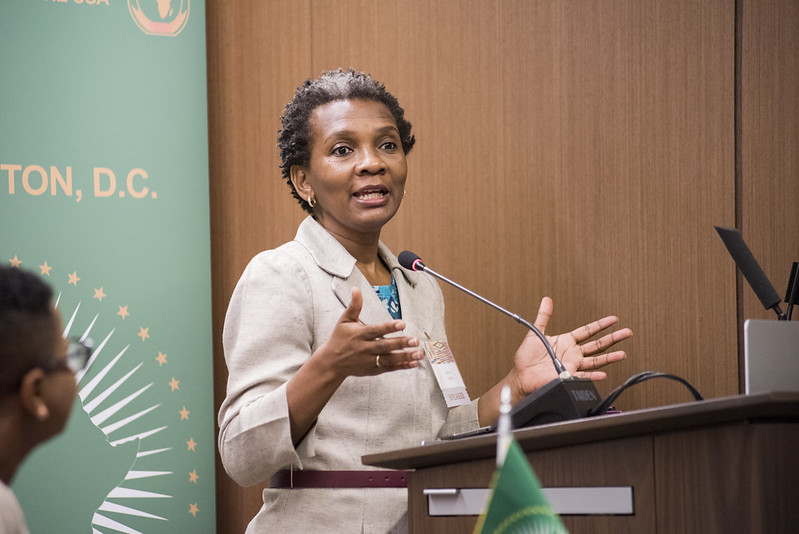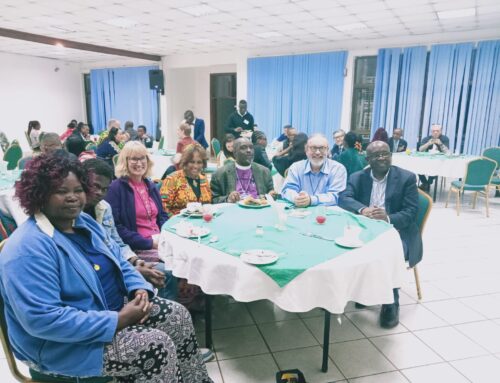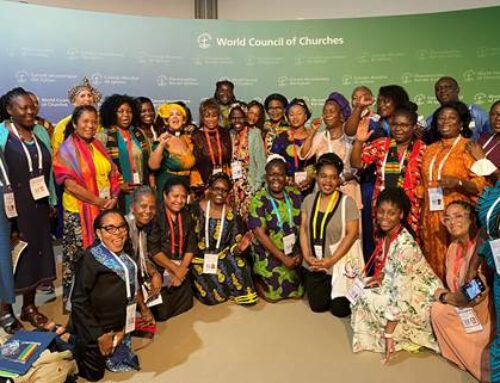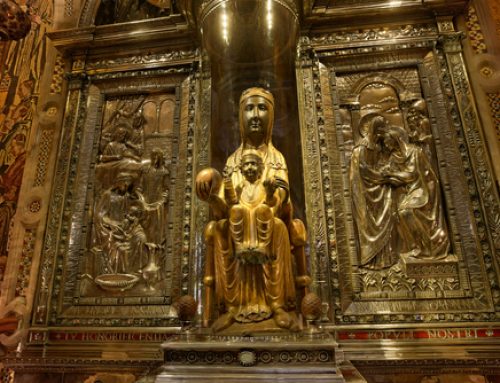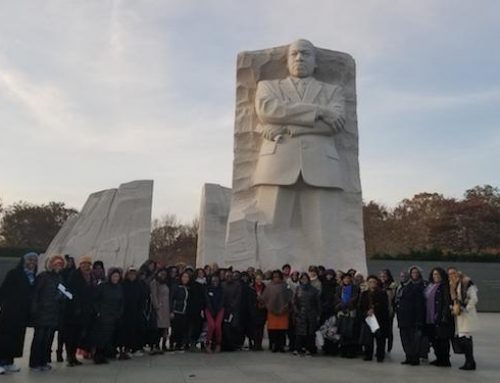Pan-Africanism is the belief that people of African descent have common interests and should be unified. Historically, Pan-Africanism has often taken the shape of a political or cultural movement. There are many varieties of Pan-Africanism. In its narrowest interpretation, Pan-Africanists envision a unified African nation where all people of the African Diaspora can live. In more general terms, Pan-Africanism is the sentiment that people of African descent have a great deal in common, a fact that deserves notice and even celebration.
Pan-Africanist ideas first began to circulate in the mid-19th century in the United States, led by Africans from the Western Hemisphere. The most important early Pan-Africanists were Martin Delany and Alexander Crummel, both African Americans, and Edward Blyden, a West Indian.
Those early voices for Pan-Africanism emphasized the commonalities between Africans and black people in the United States. Delany, who believed that black people could not prosper alongside whites, advocated the idea that African Americans should separate from the United States and establish their own nation. Crummel and Blyden, both contemporaries of Delany, thought that Africa was the best place for that new nation. Motivated by Christian missionary zeal, the two believed that Africans in the New World should return to their homelands and convert and civilize the inhabitants there, a practise that various European missionaries had already attempted.

